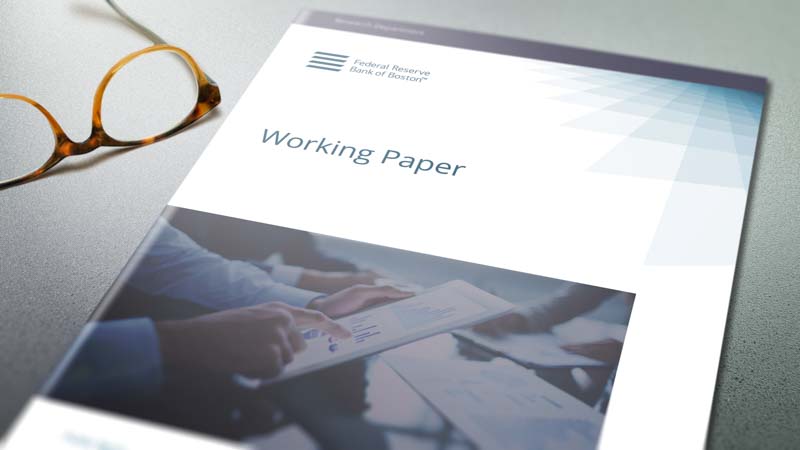Slade3200
Diamond Member
- Jan 13, 2016
- 68,353
- 17,527
- 2,190
I've never been on unemployment so I don't know much about how it works except for what I read but it is my understanding that to receive unemployment checks a person needs to be actively looking for work. I support unemployment being used as a stop gap while people look for work so they don't get crushed by debt and/or lose their houses etc. If people don't want to work then I would not support giving them money. I would support giving them basic living essentials food and shelter and resources if they do decide to look for work, but I'd also require them to give if they are going to get.I have an idea. Why not have a min wage of $15 an hour where up to $10 an hour needs to be payable in cash and $5 an hour can be deferred and paid as stock options, or a profit share bonus... does a compromise along those lines peek the interest of any of you right wingers?
I'm all for paying people $15 an hour and if the business decides to automate the jobs to save money, than so be it. I object to give a person $15 an hour for not being employed, that is the issue of this thread. You don't work and don't want to work, why should the government for paying you? Why do businesses need to pay into unemployment if it goes to people not working by choice?

